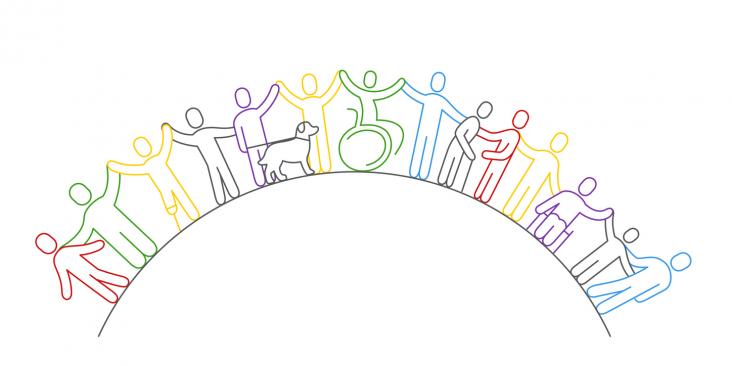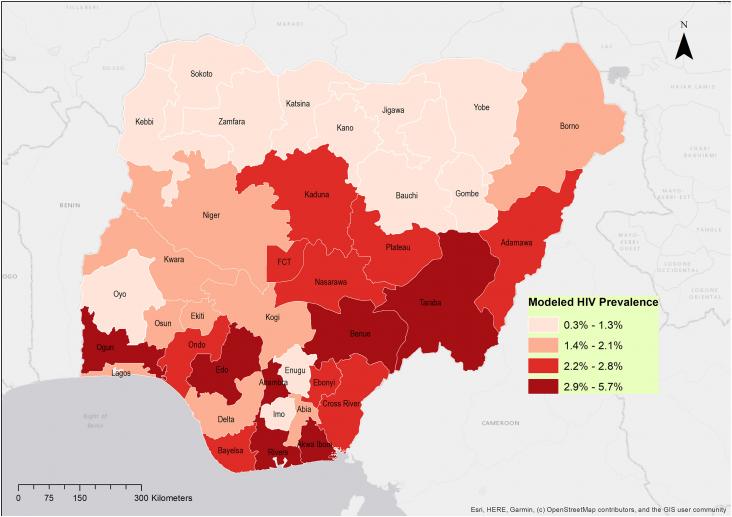This Article supports SDGs 3 and 10 by showing that in Austria, Greece, Spain, and the UK, there is a dearth of targeted, tailored cancer prevention programmes for people experiencing homelessness, and concern from health professionals that cancer is not being spotted at early stages in this population.
The article emphasizes the importance of providing training and supporting resources alongside open science initiatives to enhance accessibility and reduce barriers in the field. It suggests that these educational resources should be customized to cater to diverse user profiles, including neuroscientists, computational scientists, and educators.
Elsevier,
Translational Sports Medicine
Handbook for Designing and Conducting Clinical and Translational Research
2023, Pages 513-518
This chapter focuses on n the population and environmental considerations that impact how patients receive care, identify health concerns, and empower them to take initiative in their own care with the health teams surrounding their care supporting SDG 3.

As the upcoming generation occupies a larger portion of the workforce, issues around the topic of diversity will only continue to grow in importance. Not only is Generation Z more racially and ethnically diverse than previous generations, but members of this generation are also more likely to expect employers to actively work toward cultivating diversity in the workplace. The recent DIAL Global Diversity Review, co-sponsored by XpertHR, presents comprehensive data on the practices being used to promote diversity in the workplace today. This report addresses various facets of diversity from gender and ethnicity to socioeconomic status and parenthood, promoting SDGs 5, 8 and 10.
climate change interacts with historical colonialism to shape fisheries in small island developing states. Greater attention to fish as food can improve food sovereignty and reduce historical inequalities

Population-based surveys are expensive and time consuming. By determining state-level seropositivity using national testing service data and a Bayesian linear model, a map of HIV prevalence was generated across the whole of Nigeria. By identifying the areas in which HIV is most prevalent interventions can be targeted. This less resource intense Bayseian method allows for national monitoring of HIV prevalence.
Elsevier,
Brain Responses to Auditory Mismatch and Novelty Detection
Predictive Coding from Cocktail Parties to Auditory-Related Disorders
2023, Pages 221-269
This content aligns with Goal 3: Good Health and Wellbeing and Goal 10: Reduced Inequalities by highlighting the differences between low- and high-functioning ASD and age dependence of ERP findings in ASD, ADHD, and dyslexia; the effects of language impairment; and the role of ERPs in diagnosing between ASD and ADHD.
Elsevier,
Psychosocial Experiences and Adjustment of Migrants, Coming to the USA. 2023, Pages 391-418
Ongoing attention must be paid to these psychological dimensions for migrants and refugees, as well as further research, de-stigmatization, and education of governments and other stakeholders during the Compacts' implementation, review, and follow-up period, supporting SDG3.

Lowitja Institute and Elsevier are pleased to announce the launch a new international journal in 2023. First Nations Health and Wellbeing - The Lowitja Journal aims to uphold First Nations rights to sovereignty and self-determination within research practice. It is a community-controlled, international, inter- and multi-disciplinary peer-reviewed online open access journal that is dedicated to expanding access to First Nations research. The first issue of the journal is scheduled to be published later in 2023. All papers must include substantive contributions by First Nations authors and will be peer reviewed by experts in the field of the submitted work. The Editorial Board is international and the journal welcomes papers from First Nations researchers from all over the world.
This paper reviews the unique perspective that Indigenous People have on the HIV/AIDS epidemic, and the interactions between Indigenous Identities and HIV. The authors call for a human rights based approach to ending the HIV epidemic among Indigenous Peoples.
